UNSC warned of rising TTP threat backed by Afghan authorities
Denmark tells UNSC that TTP’s 6,000 militants pose a serious regional threat backed by Afghanistan’s de facto authorities
News Desk
The News Desk provides timely and factual coverage of national and international events, with an emphasis on accuracy and clarity.
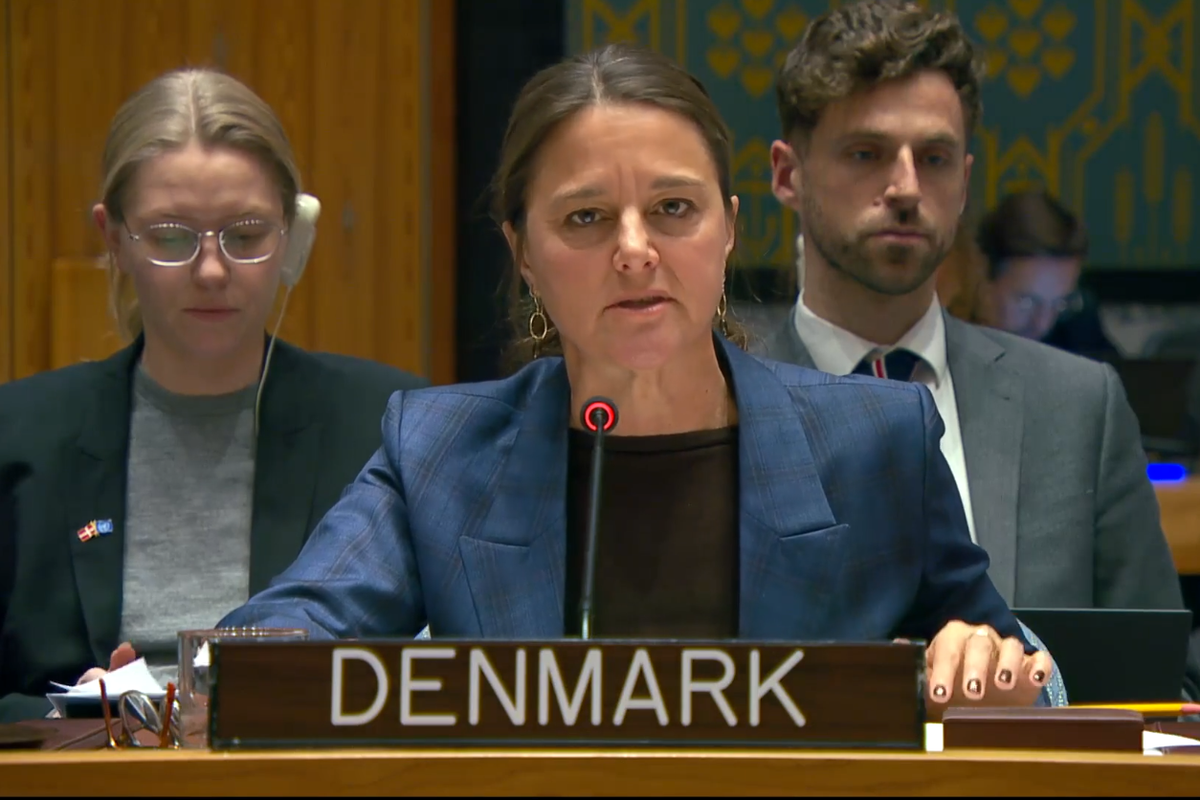
Denmark’s deputy UN envoy Sandra Jensen Landi briefs the UNSC on Wednesday.
UN website
A senior Danish diplomat has warned the United Nations Security Council (UNSC) that the outlawed Tehreek-e-Taliban Pakistan (TTP) has emerged as a major destabilizing force in South and Central Asia, fueled by backing from Afghanistan’s Taliban administration.
The assessment was delivered during a Security Council briefing in New York, where mounting cross-border militancy and the widening footprint of global terror networks dominated discussions.
Speaking in her capacity as chair of the UNSC’s ISIL (Daesh) and Al-Qaeda Sanctions Committee, Denmark’s Deputy Permanent Representative to the UN, Sandra Jensen Landi, flagged the TTP as a growing regional menace.
She told the council that the group, “with its approximately 6,000 fighters, is another serious threat emanating from the region, receiving both logistical and substantial support from the de facto authorities”.
She added that the TTP “has conducted numerous high-profile attacks in Pakistan from Afghan soil, some of which incurred mass casualties”.
Her briefing also summarized the latest analysis from the UN Monitoring Team on the evolving activities of Daesh, Al-Qaeda and their affiliates.
According to Landi, the threat landscape has become increasingly dispersed, with Africa now experiencing the “highest intensity” of their operations. She warned that ISIL and Al-Qaeda continue to exploit social media for recruitment and fundraising, and that their growing use of cryptocurrency is complicating enforcement of sanctions.
After suffering losses in the Middle East, Daesh has “pivoted towards Africa, where affiliates such as the Islamic State West Africa Province (ISWAP) have expanded activities and propaganda,” she said.
Landi also underscored the danger posed by ISIL-Khorasan, saying the group is “one of the most serious threats in Central and South Asia, with at least 2,000 fighters under Sanaullah Ghafari. They continue to target Shia communities, de facto Afghan authorities and foreign nationals.”
She noted that foreign-fighter movements between Syria, Africa and Central Asia remain a persistent concern.
Pakistan’s concerns
Pakistan’s Deputy Permanent Representative to the UN, Usman Jadoon, also addressed the meeting, warning that global terrorism continues to evolve rapidly, “adapting itself to a fast-changing world with new and emerging threats under the shadow of rapid technological advancement”.
He said that prolonged conflicts and unresolved political disputes continue to create “conditions conducive to terrorism”, sustaining the problem.
Pakistan has repeatedly accused the Taliban administration in Kabul of backing TTP militants, a charge Afghan authorities deny. Since the Taliban reclaimed power in Afghanistan in 2021, Islamabad has said thousands of TTP militants have regrouped across the border, intensifying attacks on Pakistani security forces, particularly in Khyber Pakhtunkhwa and Balochistan.
The breakdown of a short-lived ceasefire in November 2022 triggered a renewed wave of assaults. TTP factions vowed at the time to target Pakistani security personnel, prompting a spike in attacks and continuous counterterrorism operations along the north-western frontier.
The resurgence of violence has placed heavy pressure on Pakistan-Afghanistan relations, with Islamabad urging Kabul to act against the TTP and uphold commitments under the Doha Agreement - including preventing Afghan territory from being used for cross-border militancy.
Pakistan continues to call for tighter border controls and sustained cooperation from Afghan authorities, as TTP-linked attacks remain at the center of diplomatic tensions between the neighbors.


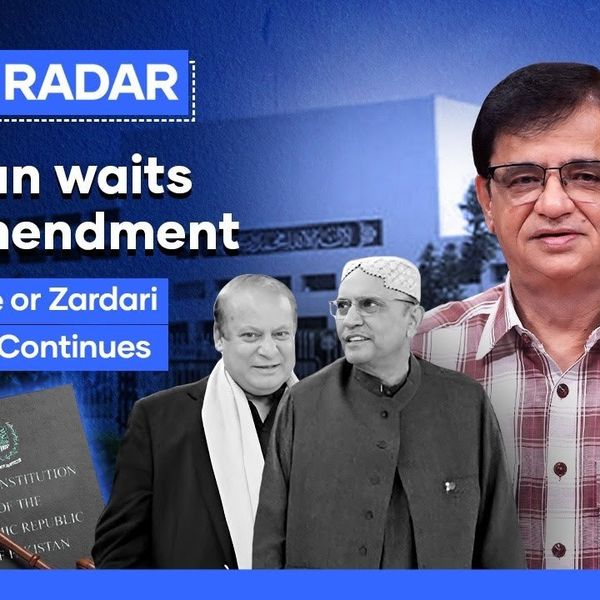
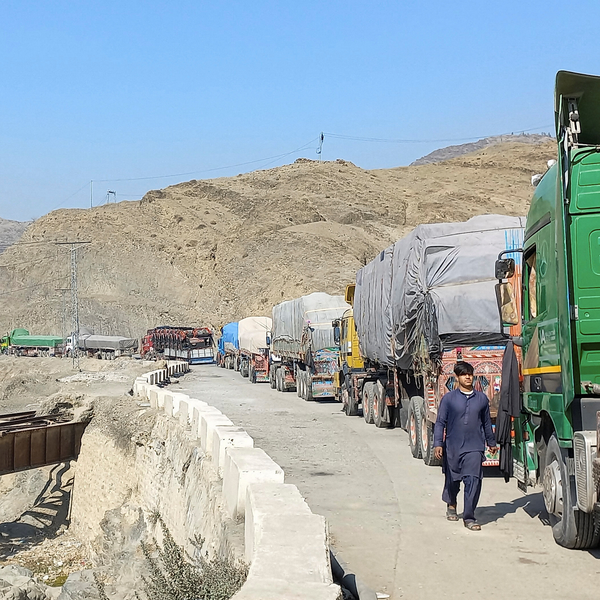
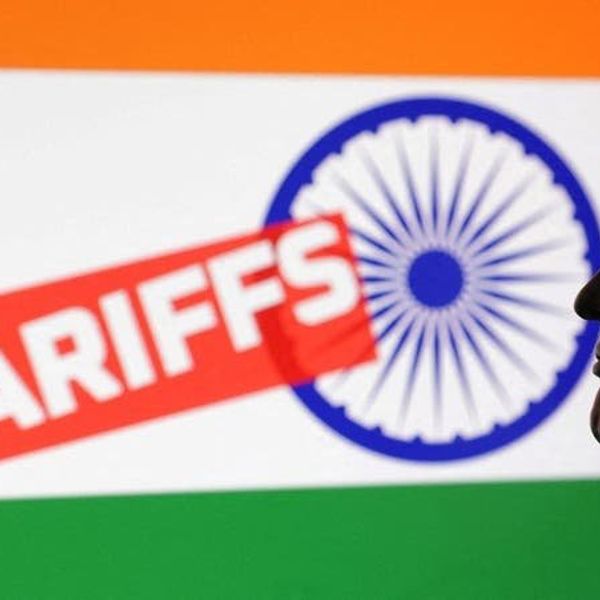
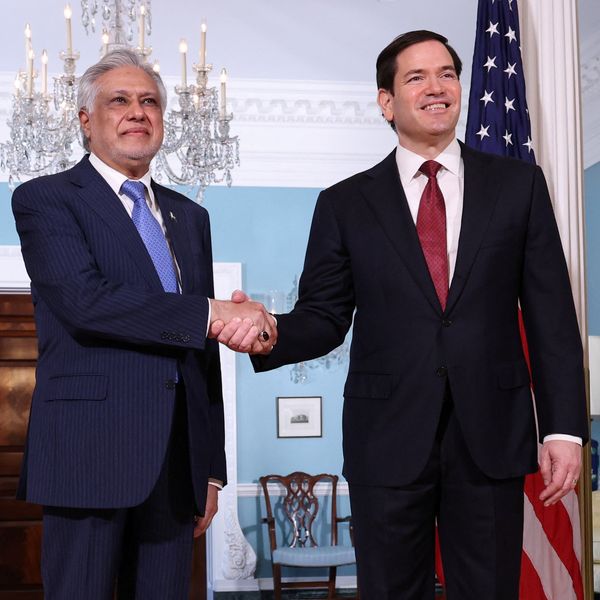
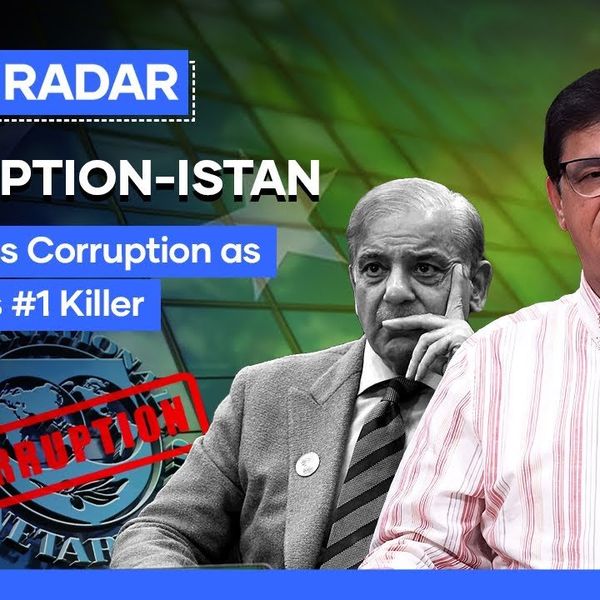
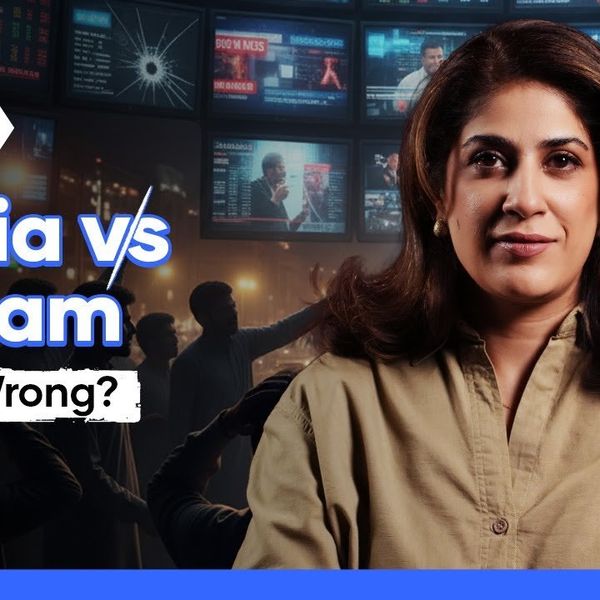


Comments
See what people are discussing